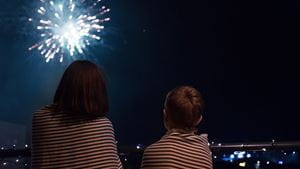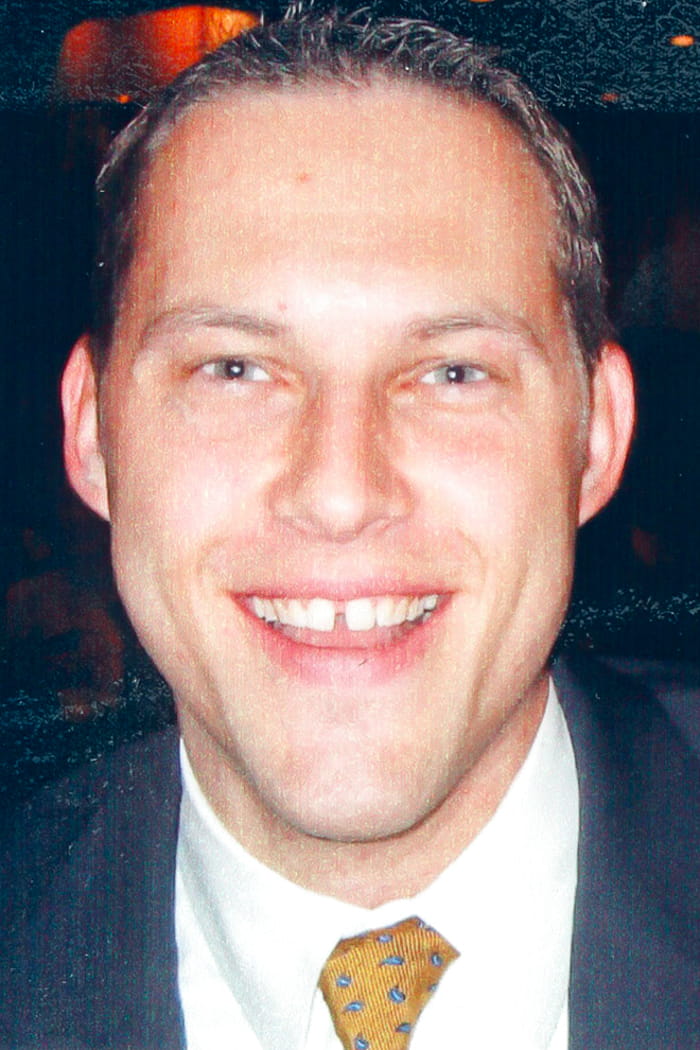
Fireworks, live music, and parades are all standards at summer events. People of all ages show up to mark celebrations in their communities and create new memories with one another.
While these events are exciting and entertaining, it is important to protect children’s hearing from both sudden and sustained loud sounds. Sometimes a single loud blast or explosion from something like fireworks can cause unintended effects – ranging from ringing in the ears (tinnitus) to permanent hearing loss.
Kevin Kozara, DO, is an ear, nose, and throat doctor with Rochester Regional Health and explains how loud sounds affect everyone’s hearing both immediately and in the long term, and how to protect your child’s hearing.
Sound travels through the air and into our inner ear. Within the inner ear, we all have thousands of tiny hair cells that help our brains process noises and sounds. When we hear loud sounds, these cells can get overworked and die – contributing to hearing loss. These loud noises also affect our auditory nerve, causing gradual hearing loss over time.
Sustained exposure to noise over 70 decibels might result in hearing loss, according to the CDC. Some common sounds and noises that people encounter and their average decibel level might include:
“The louder the sound and the longer the exposure to that sound, the greater the risk of damage to a person’s hearing” Dr. Kozara said.
We don’t need to resort to staying home and away from loud sounds and noises to protect our hearing. There are a number of things we can do to reduce the chances of a child.
Cover those ears: Wearing well-fitting ear covers or ear muffs to reduce noise is an easy step to take. Ear plugs may work well for adults, but the ear canals for little ones are too small for plugs.
Look for ear covers or muffs with an NRR (Noise Reduction Rating) rating of 27 or higher; this ensures that your child will be able to hear noises without being harmed.
Keep a safe distance: In order to reduce the risk of having your hearing damaged, remain at least 500 ft. away from the source of the sound. This is especially important when it comes to fireworks displays.
Leave it to the professionals: Stay away from home displays since people tend to be closer to the explosions – and consequently the loud noises that follow. Fireworks and light shows run by professional companies allow people to sit a safe distance away and protect their hearing.
Take breaks: Being at public summer events means spending extended amounts of time in loud environments. Before you go somewhere, try to find a place that can allow you to get away from loud noises. Setting a limit on the amount of time you spend in extremely noisy areas can help too.
If your child begins to complain of hearing loss or a sustained ringing in the ears after being exposed to loud noises, call your child's health care provider immediately or reach out to one of our ear, nose, and throat (ENT) specialists.
